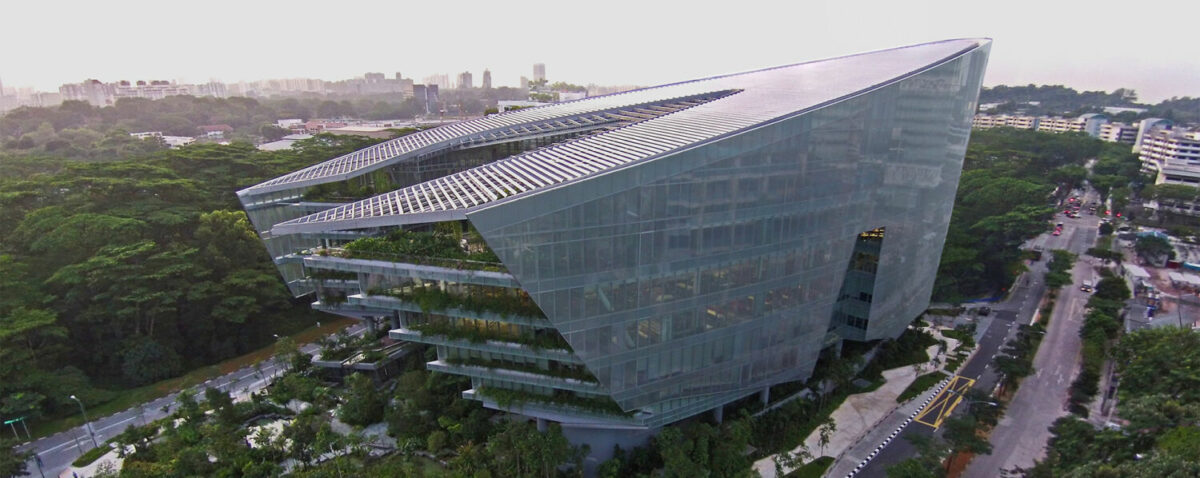It’s the end of an era. Lucasfilm Singapore, the studio behind beloved and highly-acclaimed animated series Star Wars: The Clone Wars, is shutting down after 19 years, with parent company Disney citing economic factors affecting the industry.

The news comes two years after its Sandcrawler building, which houses Lucasfilm and Disney’s offices, was sold to Blackstone Group for US$132 million. For local fans of the sci-fi franchise, that also meant the departure of the iconic Master Yoda statue, previously located in the middle of the garden on the premises.
Founded as Lucasfilm Animation Singapore in 2004, the company later introduced its visual effects and animation studio, Industrial Light & Magic (ILM), in 2006. Together with its studios in Vancouver, London, Sydney, and Mumbai, ILM scored a lot of big projects under its belt, with Star Wars: Andor, Mission: Impossible – Dead Reckoning Part One, and Dungeons & Dragons: Honor Among Thieves being some of the more recent outings. For the Singapore-based team, Clone Wars is their best known work to date.
“Over the next several months, ILM will be consolidating its global footprint and winding down its Singapore studio due to economic factors affecting the industry,” Disney told Channel News Asia. “ILM will be working with the local business community in Singapore to offer a job fair with companies identified as having a need for talent with similar skill sets.”
The shutdown, while unfortunate, doesn’t come as a surprise, especially in light of Disney’s recent restructuring efforts. Earlier this year, reinstated CEO Bob Iger cut 7,000 jobs as part of an effort to save US$5.5 billion in costs and make its streaming business profitable. However, the Disney+ service hasn’t been performing all that well, with the House of Mouse reporting a profit loss in the billions since its original launch. As a result, the streamer will raise its prices in October this year and crack down on password sharing in 2024.













